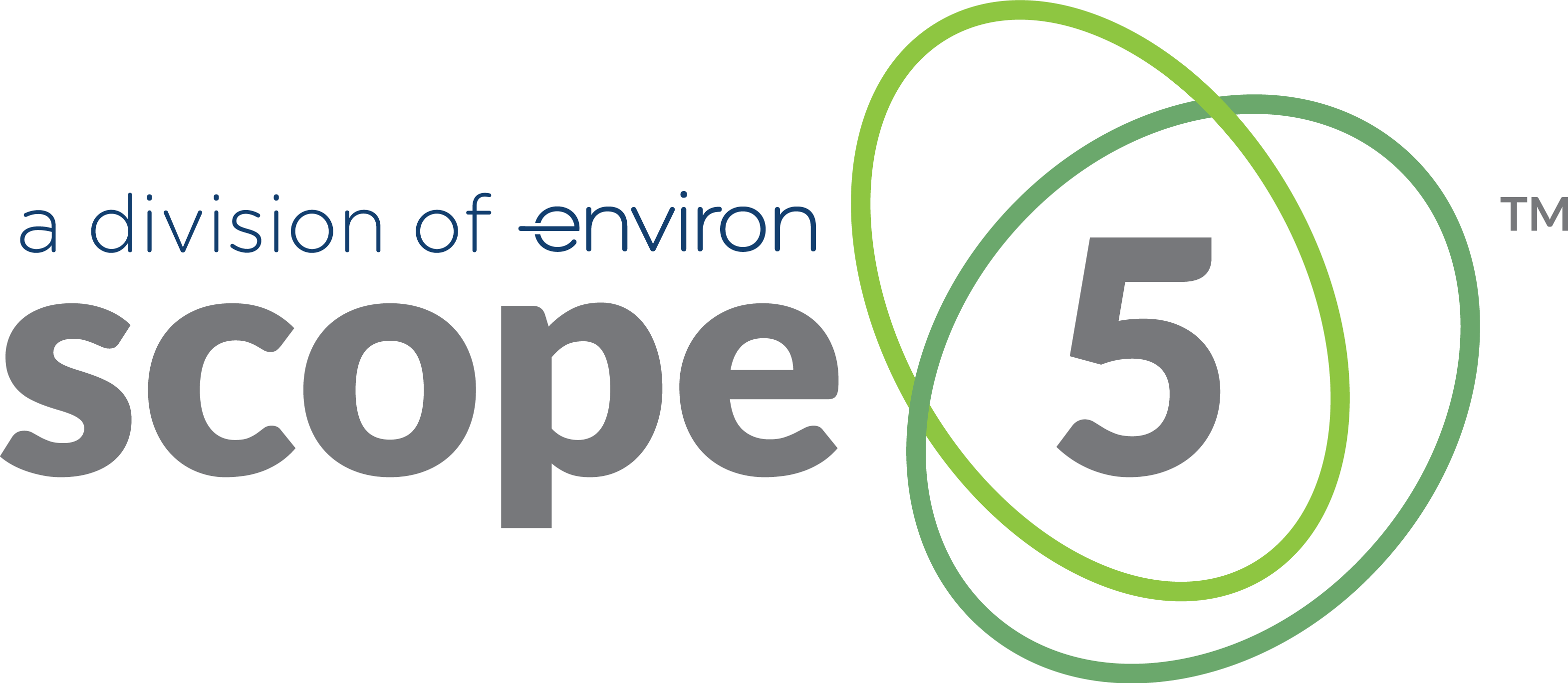In a previous blog titled We are Information Curators, I wrote about how a big part of our job at Scope 5 is to provide information to customers and to customer prospects. Here’s another example of how we do so.
Sustainability professionals in various organizations often ask us to help them make the business case for acquiring Scope 5 to their management. We view this as a great collaborative opportunity: while these customer prospects bring the unique understanding of their specific business, we bring the accumulated learning of working with multiple customers on the leading edge of the sustainability curve.
When we work with sustainability professionals to help them make the business case, we start by reviewing the general benefits that sustainability brings to any organization. Then we dive into specific ways in which Scope 5 might help to realize these benefits at their specific organization. We do so by asking lots of questions which then surface the benefits and value of a solution like Scope 5 to their organization.
Here are some examples:
Do You Know Your Sustainability Footprint?
Does anyone in your sales organization find themselves having to respond to requests from supply chain customers for specific sustainability data?
Many organizations are increasingly finding that making a sale or wining an RFP relies on being able to respond to a sustainability scorecard from a supply chain customer. Before using Scope 5, at least one of our customers lost a sale because they were unable to do so. In this situation, the importance of having organized and readily available sustainability data is obvious.
Can You Report Your Sustainability Footprint?
Do you produce a corporate social responsibility report or any other reports (such as a Carbon Disclosure Project report or a B-Corp report) that quantify sustainability metrics? How much time and money do you spend collecting the relevant data?
Most of the organizations we work with are in fact reporting and collecting the data is a chaotic effort involving interns and spreadsheets and hours of work. Many spend upwards of thirty thousand dollars hiring consultants to produce a single, one-time report. Bringing Scope 5 in-house can help these organizations avoid the chaos, significantly reduce related costs in time and money and provide a data platform from which many different reports can be generated, as needed.
Could You Save Money (or Make More) if You Better Understood Your Sustainability Footprint?
Do you understand your energy, waste and natural resource costs? Do you know your biggest energy spends? Do you understand your waste streams and how much they cost? etc.
Bob Willard makes the case in The New Sustainability Advantage that many organizations could readily reduce energy costs by as much as 75%! Better waste management can surface opportunities for reduced cost or even new revenue streams. But doing so requires a level of transparency and the ability to analyze a broad set of related data that most organizations don’t have. For certain organizations energy may be the right place to focus. For others, it might be waste or water use. Scope 5 makes it easy to identify such opportunities and to realize them.
These are just a few examples of questions we might ask when helping to build the business case for bringing a tool like Scope 5 in house. The questions asked and the business case built may look quite different from one organization to the next. If you think that your organization might benefit from a tool like Scope 5 but aren’t sure on exactly how to articulate or quantify these benefits – please – reach out to us. We’d love to work with you!
